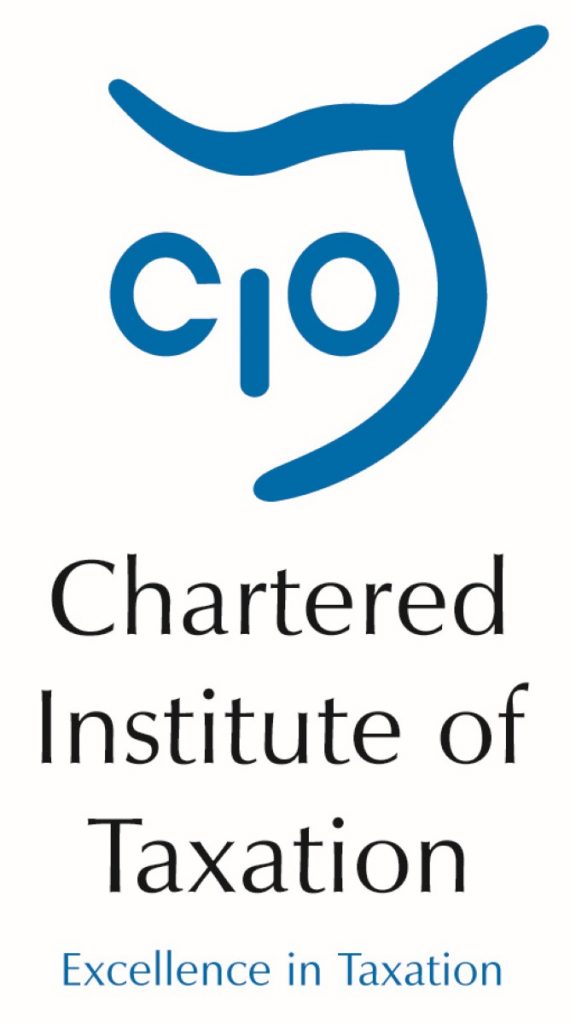The Autumn Statement included a note that the tax treatment of foreign pensions will be changed so that it is more closely aligned with the UK’s domestic pension tax regime and this has been confirmed in today’s publication of draft Finance Bill 2017 clauses.1 The Low Incomes Tax Reform Group (LITRG) highlights that this could present HMRC with an opportunity to simplify how tax is collected on foreign pensions.
The proposals could mean a significant change for some pensioners, as – at present – only 90 per cent of the amount of foreign pension received is generally subject to UK tax. For a £1,000 foreign pension with tax due in the recipient’s hands at the basic rate of 20 per cent, this will mean an extra £20 a year tax.
Anthony Thomas, Chairman of LITRG, said:
“These measures seem to come at a cost to existing recipients of foreign pensions accustomed to paying income tax on only 90 per cent of that income. At the very least, there will need to be clear communications to those affected.
“We would hope that the changes will be accompanied by a review of HMRC’s rules which currently require all those in receipt of a foreign pension to complete a self-assessment tax return each year.2 Currently this presents an annual cost to those in receipt of foreign pensions (particularly as often will be the case if they have to engage an agent for assistance), and puts them out of step – seemingly unnecessarily – with those receiving only UK pensions.
“It also presents an unnecessary cost to HMRC, particularly if the effect of processing a tax return is that nil tax is collected. Given that HMRC will no doubt have to make some systems alterations to take account of the changes in rules in any case, it seems sensible to remove altogether the self-assessment requirement for these pensioners where possible. Furthermore, this could tie in very neatly with the introduction of ‘simple assessment’ from 6 April 2017, through which HMRC can bypass the need for a tax return. This would likely be administratively cheaper and more efficient for those in receipt of a predictable foreign pension.”
Notes for editors
1. See https://www.gov.uk/government/publications/finance-bill-2017-draft-legislation-overview-documents. The closing date for comments is 1 February 2017.
2. See self-assessment criteria – https://www.gov.uk/self-assessment-tax-returns/who-must-send-a-tax-return
3. Low Incomes Tax Reform Group
The LITRG is an initiative of the Chartered Institute of Taxation (CIOT) to give a voice to the unrepresented. Since 1998 LITRG has been working to improve the policy and processes of the tax, tax credits and associated welfare systems for the benefit of those on low incomes.
The CIOT is the leading professional body in the United Kingdom concerned solely with taxation. The CIOT is an educational charity, promoting education and study of the administration and practice of taxation. One of our key aims is to work for a better, more efficient, tax system for all affected by it – taxpayers, their advisers and the authorities. The CIOT’s work covers all aspects of taxation, including direct and indirect taxes and duties. The CIOT’s 18,000 members have the practising title of ‘Chartered Tax Adviser’ and the designatory letters ‘CTA’, to represent the leading tax qualification.
Contact: Hamant Verma, Head of External Relations (hverma@tax.org.uk; 020 7340 0569 or 07740 477 374)





-01.png)